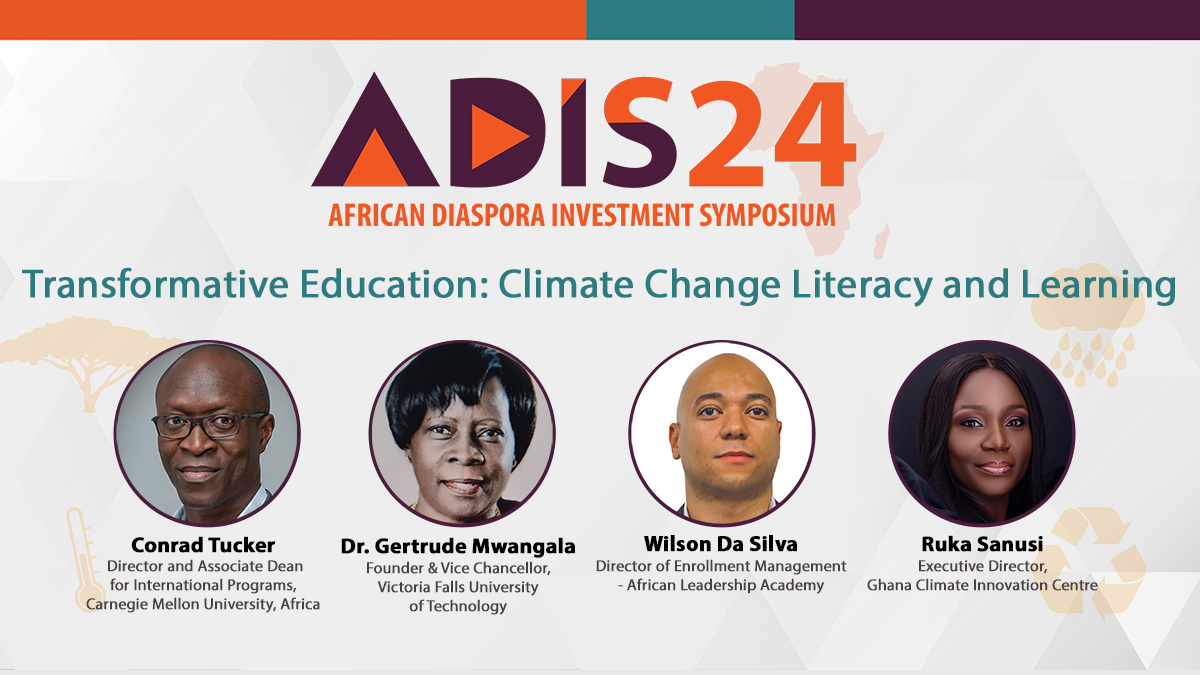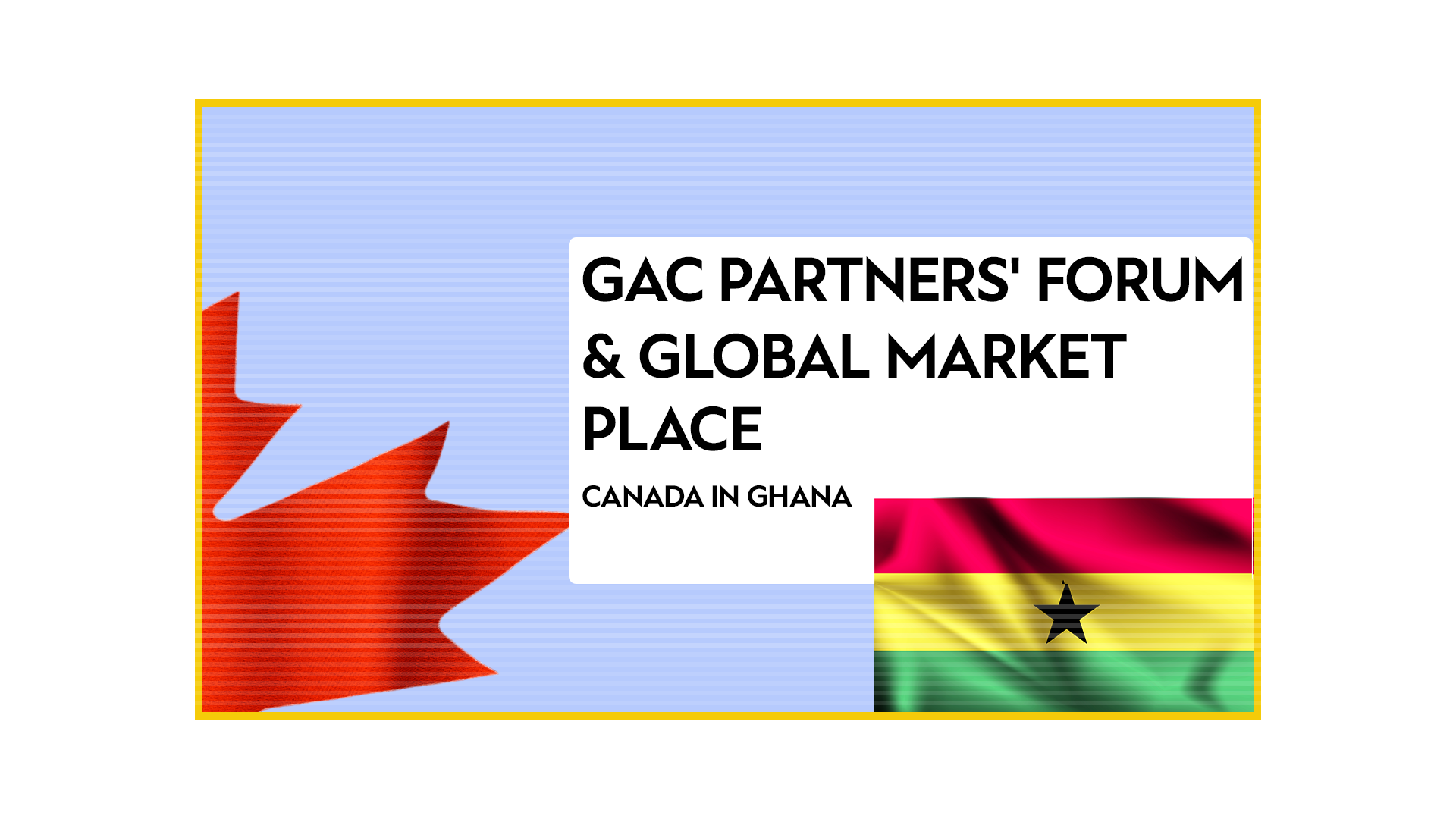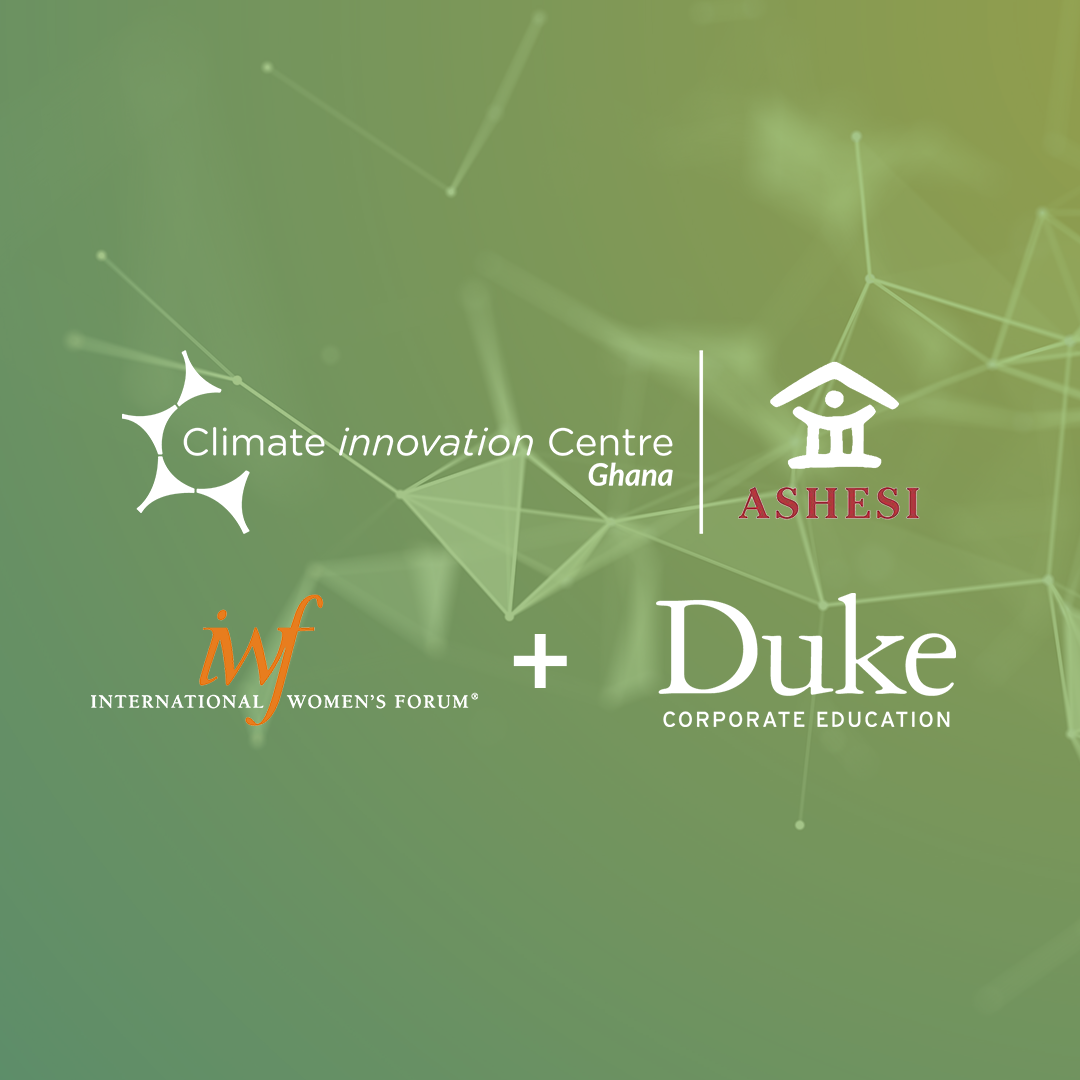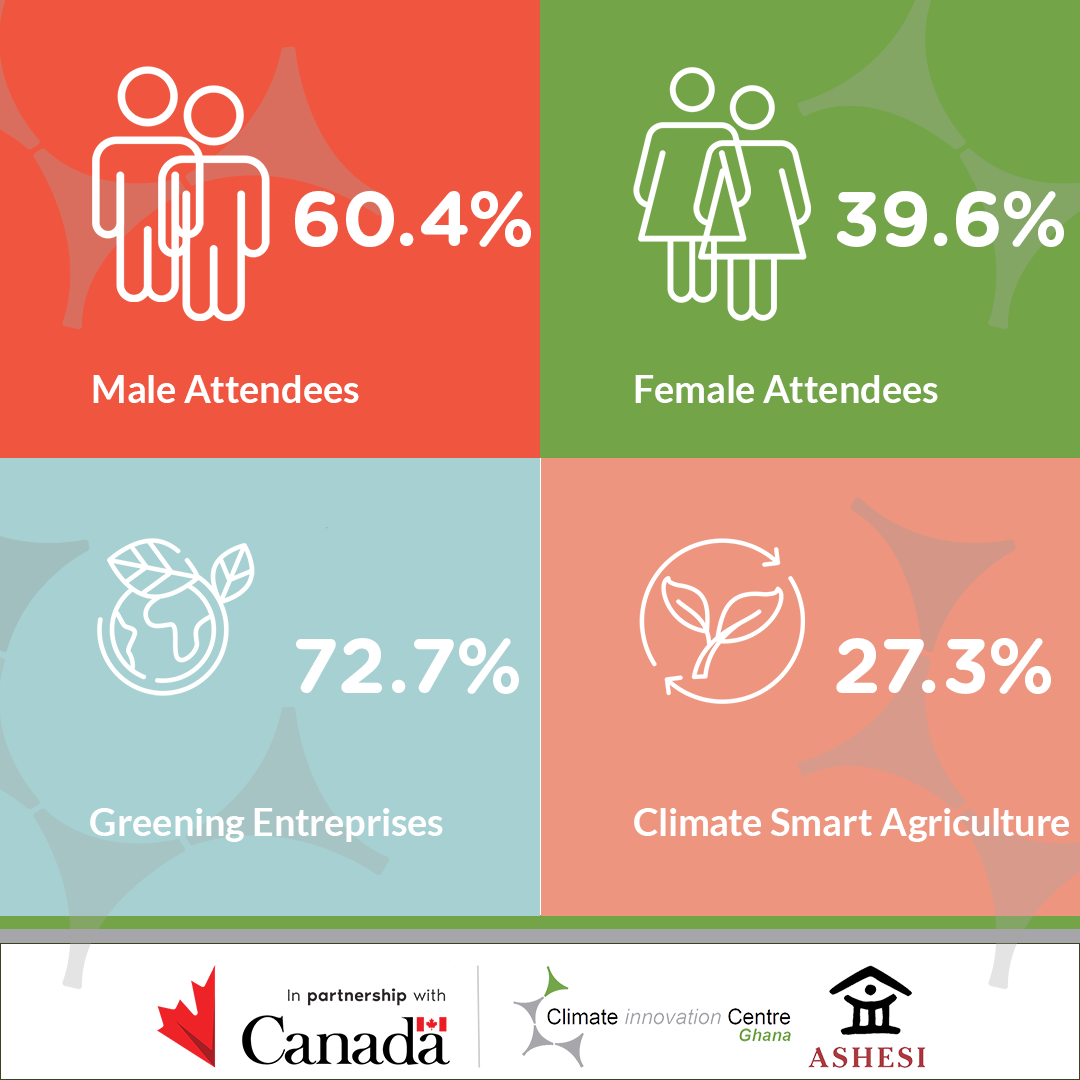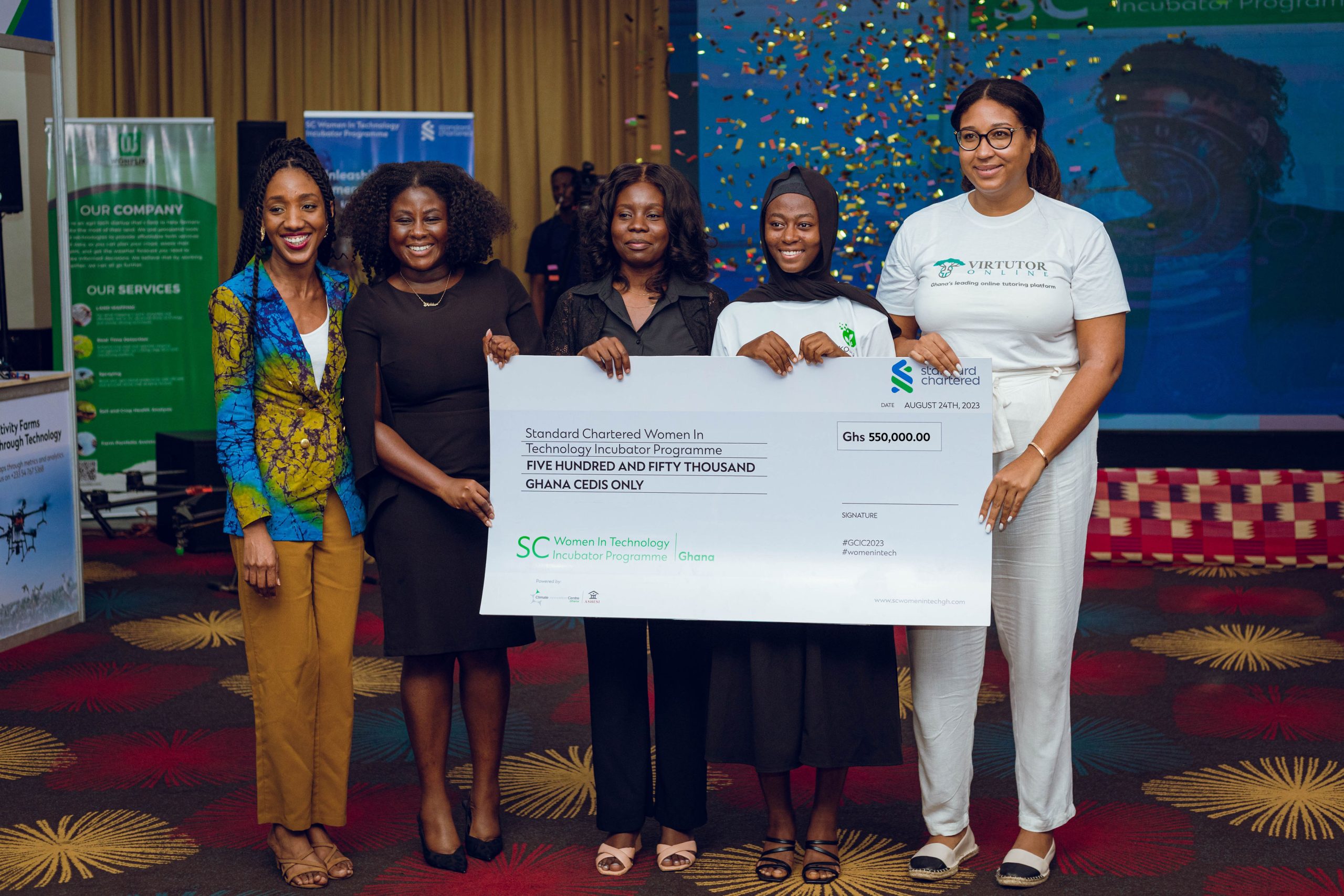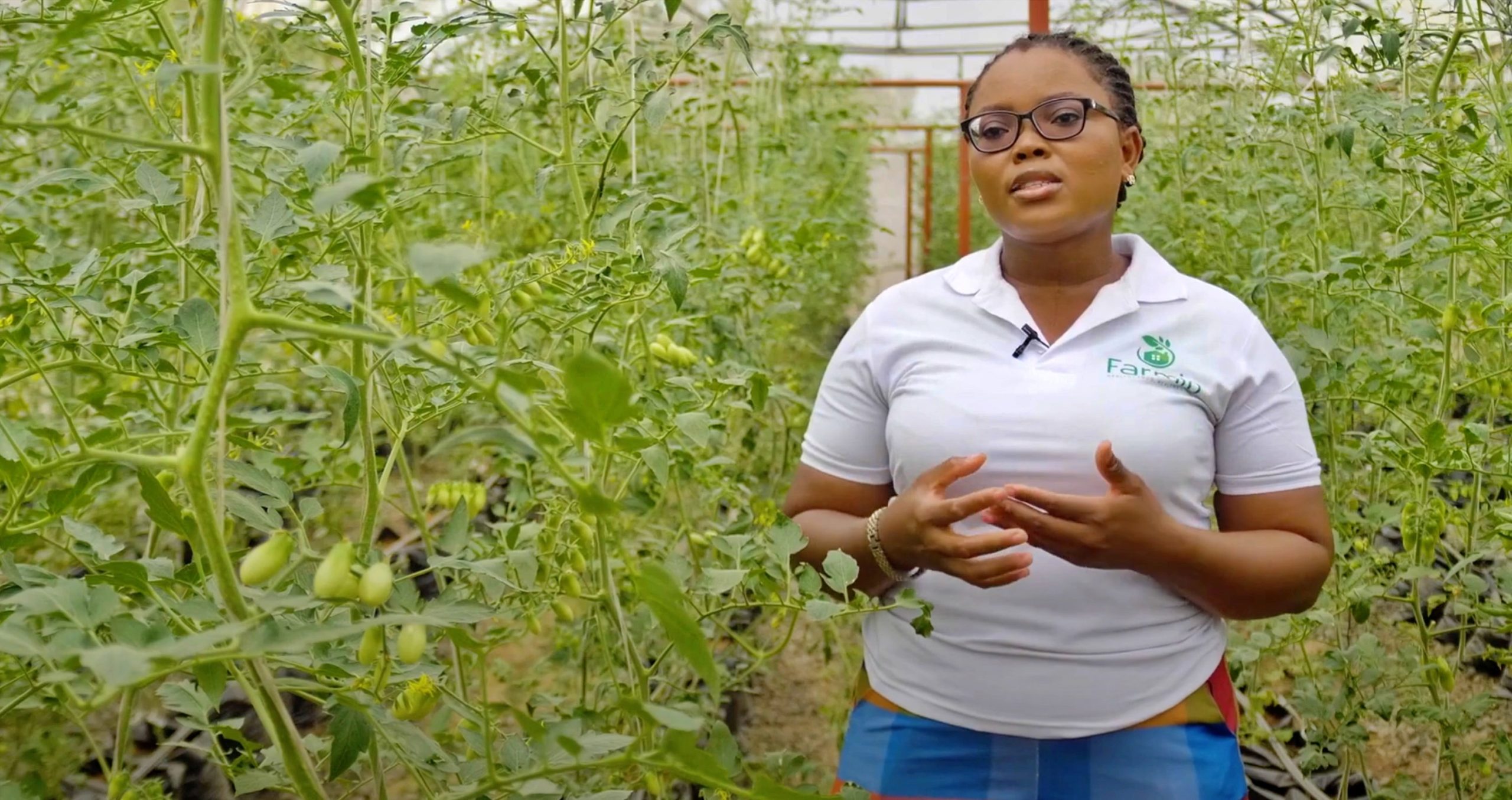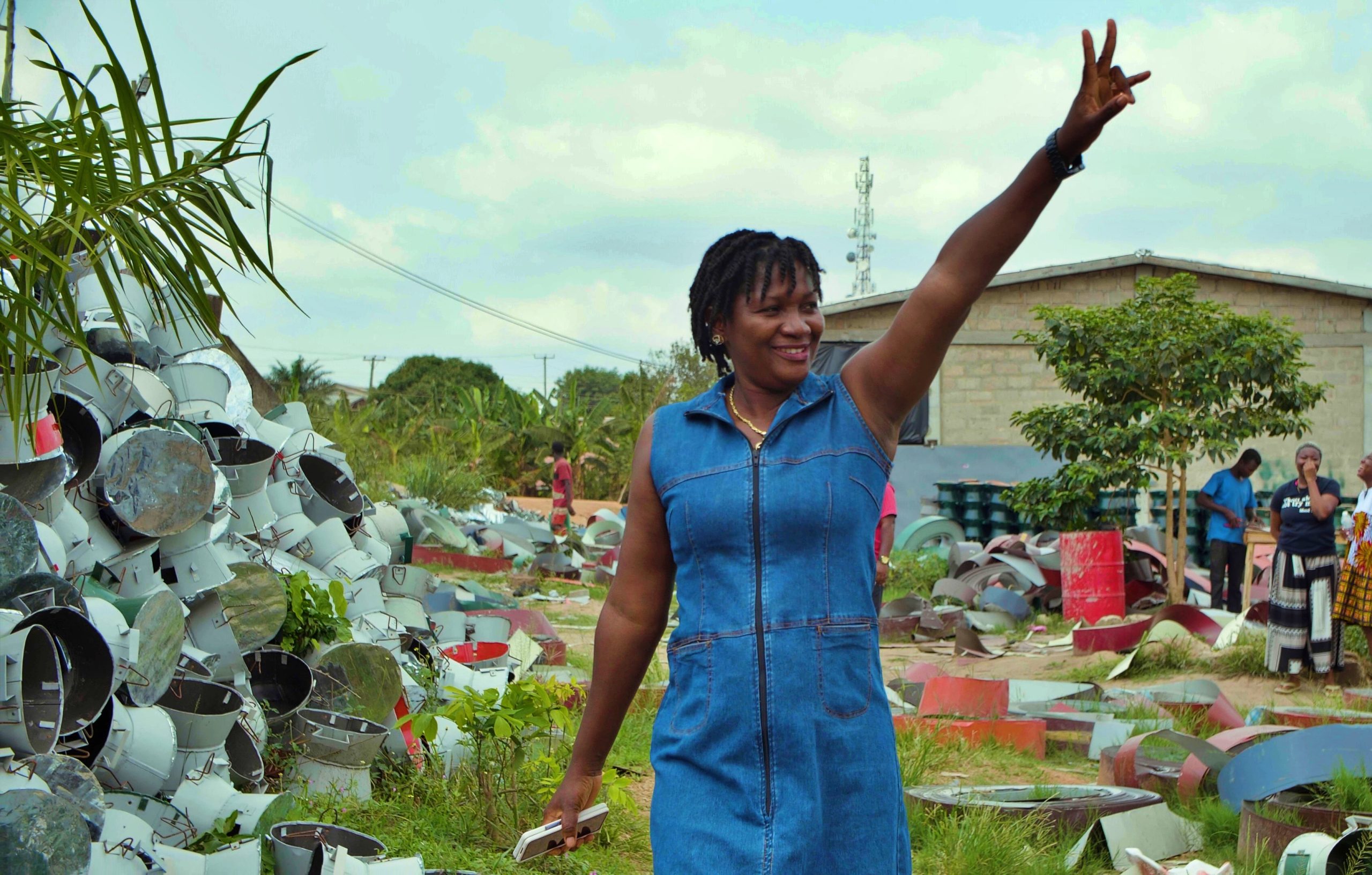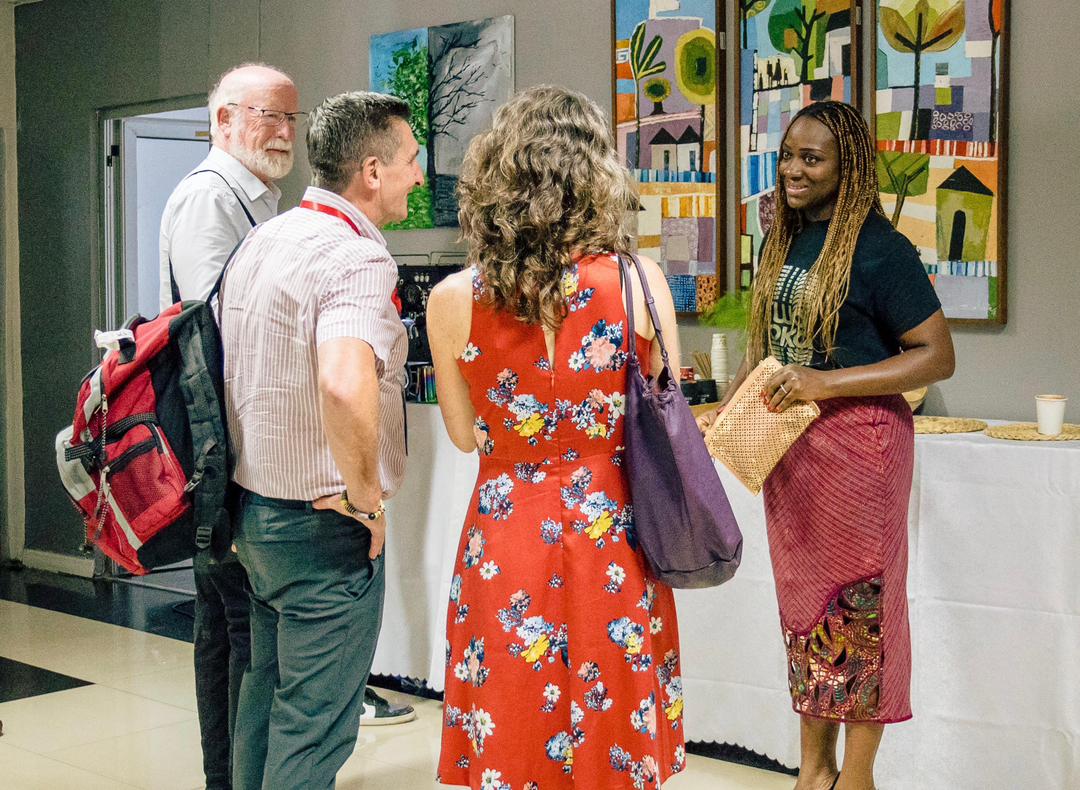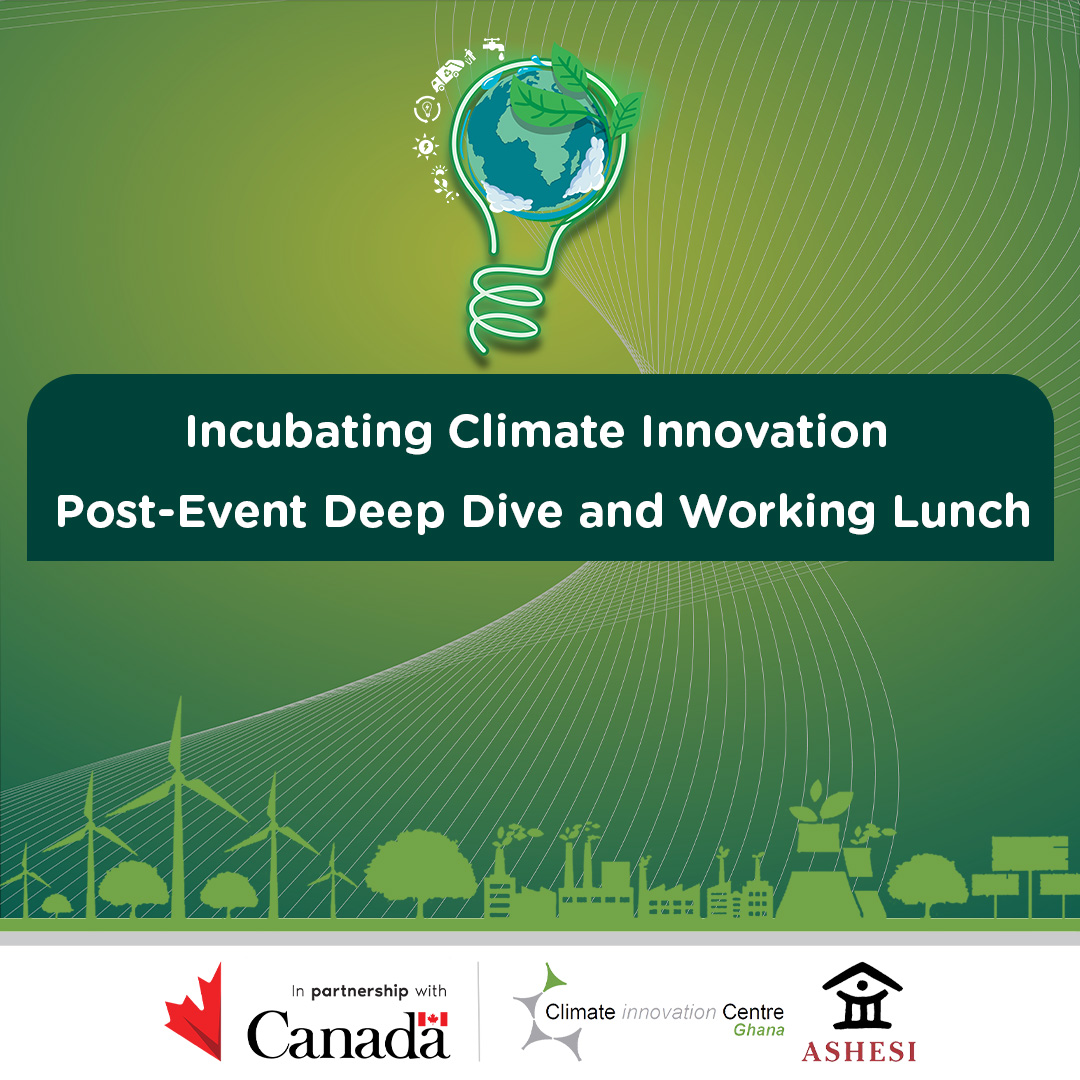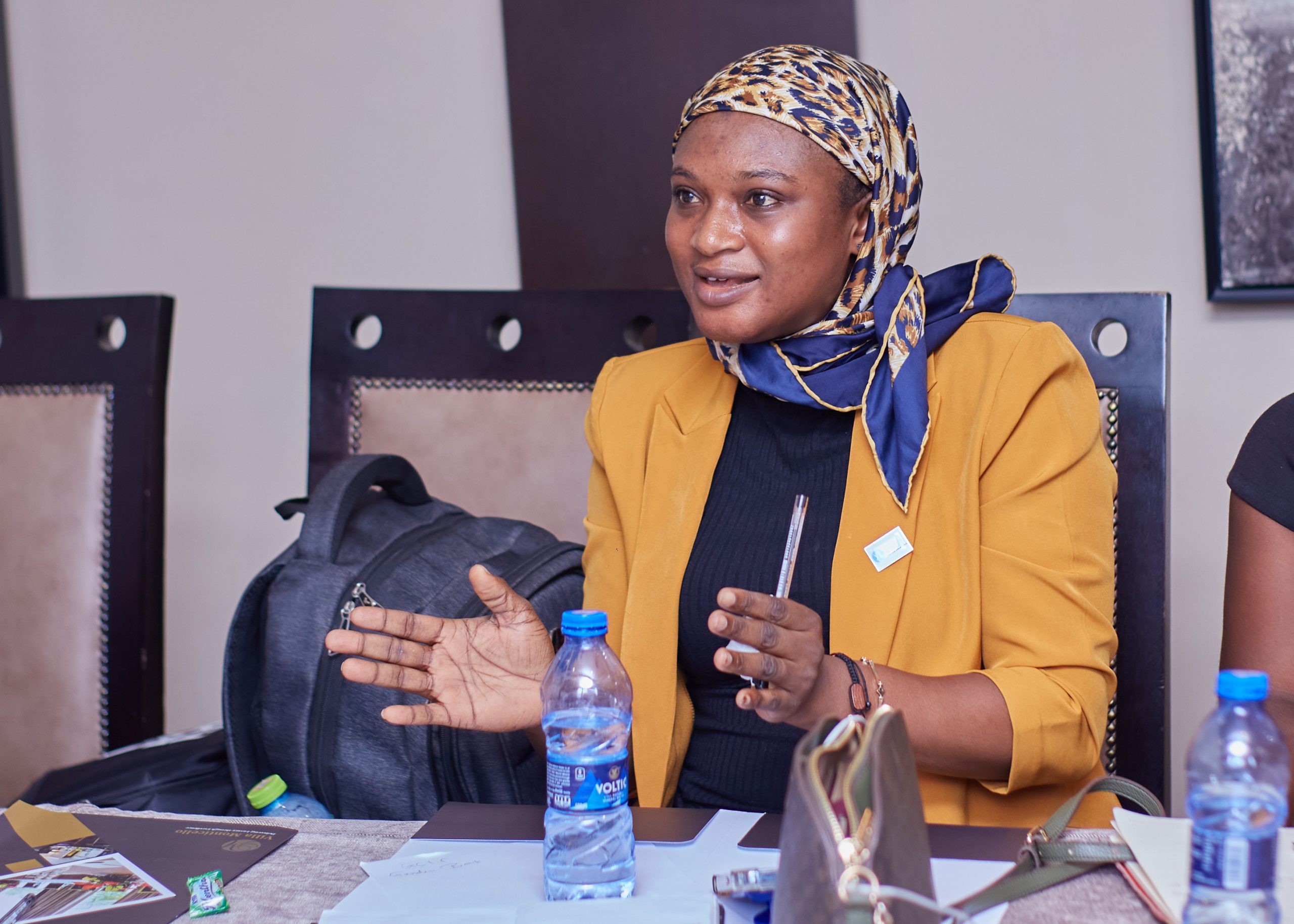Written by Anne Sackey
Marketing & Communications Director – GCIC
According to the African Development Bank, the worldwide textile and fashion industry, in particular fast fashion production, accounts for 10% of all carbon emissions and 20% of wastewater, making fashion a key contributor to global warming. The industry is the second-largest industrial polluter after the oil and gas industry. According to the United Nations Fashion Alliance (2021), 215 trillion litres of water is consumed annually by the industry – and textiles account for approximately 9% of annual microplastic losses to the ocean. Data on the impact of global and indigenous African textile and fashion industries on climate change in Africa, including Ghana, is very limited. However, a study by the Takoradi Technical University, Ghana, titled “Fabric Waste Dimensions in Selected Suburbs of the Kumasi Metropolis”, has outlined some of the perils of the textile and fashion industry in Ghana. The report suggests that fabric cut-offs are often disposed into gutters, burnt to cause air pollution, buried, or thrown into refuse dumps as landfills.
Motivated by a pioneering spirit and knowledge of the industry adversities on society and climate, the Ghanaian fashion legend, Christie Brown, decided to become the trailblazer of sustainable fashion in Ghana, joining the likes of Tongoro, a Senegalese fashion brand by Sara Diouf, which is touted as an eco-conscious fashion brand. Christie Brown’s journey started with a decision to be a member of the 6th cohort of the Ghana Climate Innovation Centre (GCIC). The primary objective was to acquire the necessary knowhow to enable a rethink of its processes and operations to incorporate sustainability practices through concrete and intentional steps. In addition to the climate capacity strengthening, Christie Brown also secured grant funding from GCIC with which it commenced the process of re-configuring its production factory into a climate smart building with the goal of reducing its energy consumption and carbon footprint. The renowned fashion house is also installing state of the art textile processing and design equipment such as the iDigit pattern making tool, to among others, enhance precision and accuracy of pattern making, improve speed, reduce waste, and put outstanding professionalism within reach. With these interventions, Christie Brown’s impact now transcends the commercial and the social interests of profit-making and job creation, to being responsive to the global climate emergency. During the 9-months incubation programme, Christie Brown increased its revenues by almost 250% which underscores the significant growth potential of the enterprise.
Founded in 2008, Christie Brown was built on the legacy of the founder’s (Aisha Ayensu) grandmother, a Ghanaian seamstress with no label of her own. Christie Brown is inspired by the countless artisans and visionaries that came up before it. Their ingenuity and pioneering spirit are at the core of what continues to inspire Christie Brown today.
The brand reimagines and interprets traditional artisanal techniques and incorporates them into modern silhouettes, specifically women’s apparel and accessories with pieces that range from beautiful bespoke gowns, practical yet statement pieces to innovative accessories all inspired by the African culture and art, fusing the colors and culture of Ghana for the contemporary African woman.
Christie Brown has chalked key milestones since its inception including winning the Emerging Designer of the Year Award in 2009 at the Arise Africa Fashion Week in Johannesburg, the only Ghanaian label showcased at the Arise L’Afrique-A-Porter in Paris Fashion Week in March 2010, being featured in publications including Harper’s Bazaar, Vogue Italia, Canoe 53 and Glamour Magazine and her clients include Beyonce. The brand was handpicked to exhibit at the prestigious Victoria and Albert Museum’s ‘Africa Fashion’ exhibition which took place during summer 2023 in London, UK, and she exhibited alongside other designers such as mane Ayissi, IAMISIGO, Moshions, Thebe Magugu and Sindiso Khumal.
Christie Brown’s journey has been a tapestry of remarkable achievements since its inception. It’s a tale woven with threads of creativity and recognition that have set it apart on the global fashion stage.
In 2009, Christie Brown emerged as the “Emerging Designer of the Year” at the prestigious Arise Africa Fashion Week in Johannesburg, a testament to her burgeoning talent and unique vision. A defining moment that paved the way for even greater triumphs.
In March 2010, the world took notice as Christie Brown became the sole Ghanaian label to grace the runways of Arise L’Afrique-A-Porter during Paris Fashion Week. Her designs walked down the catwalks of the City of Light, capturing the essence of Ghana’s rich culture and heritage.
Her creations have graced the pages of illustrious publications like Harper’s Bazaar, Vogue Italia, Canoe 53, and Glamour Magazine and among her notable clientele, the luminary Beyoncé herself has been captivated by the allure of Christie Brown’s designs, a testament to their global appeal.
But perhaps the crowning jewel in this tapestry of success was the brand’s invitation to participate in the esteemed Victoria and Albert Museum’s ‘Africa Fashion’ exhibition in London, UK, during the summer of 2023. This prestigious showcase placed Christie Brown alongside other luminaries of African fashion, including mane Ayissi, IAMISIGO, Moshions, Thebe Magugu, and Sindiso Khumalo.
In every stitch, in every thread, Christie Brown weaves a story of innovation, cultural pride, and global recognition that continues to inspire and captivate fashion enthusiasts worldwide.
References


